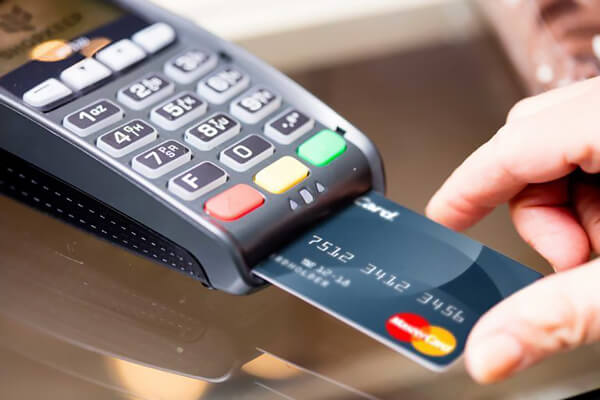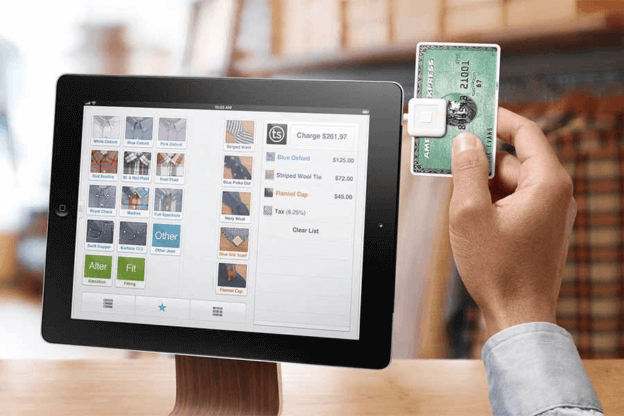Food trucks are becoming increasingly popular, and for good reason. They offer a unique and delicious dining experience that can be enjoyed anywhere. However, running a food truck is not without its challenges, one of which is choosing the right point of sale (POS) system. A good POS system can make all the difference in your food truck’s success. Here are ten things to look for when choosing a food truck POS system.
1. Mobility: A good food truck POS system should be mobile and easy to use on the go. You don’t want to be tied down to a stationary POS system that takes up valuable space in your truck. Look for a system that can be used on a tablet or smartphone and can be easily transported.
2. Payment processing: The ability to accept a wide range of payment methods is essential. Look for a POS system that can process credit and debit cards, as well as mobile payments like Apple Pay and Google Wallet. The system should also be able to process payments quickly and securely.
3. Menu management: Managing your menu on a food truck can be challenging, especially if you frequently change your offerings. A good POS system should allow you to easily update your menu items, prices, and descriptions. Look for a system that allows you to make changes quickly and efficiently.
4. Inventory management: Inventory management is essential to running a successful food truck. You need to know what ingredients you have on hand and how much you have left. A good POS system should provide real-time inventory tracking, so you know when you need to restock.
5. Reporting and analytics: Data is key to making informed business decisions. A good POS system should provide detailed reports on sales, inventory, and customer behavior. Look for a system that can provide you with the data you need to make informed decisions about your business.
6. Customer management: Customer management is an important part of any business, and a food truck is no exception. A good POS system should allow you to track customer orders and preferences, so you can provide a personalized experience.
7. Integration with other systems: Many food trucks use additional systems to manage their operations, such as accounting software, marketing tools, and loyalty programs. Look for a POS system that can integrate with other systems, so you can manage all aspects of your business from one place.
8. Customer support: When choosing a food truck POS system, it’s important to consider the level of customer support provided by the vendor. Look for a vendor that offers 24/7 customer support, so you can get help whenever you need it.
10. Customization: Every food truck is different, so you need a POS system that can be customized to meet your specific needs. Look for a system that allows you to customize your menu, pricing, and reporting to fit your business.
11. Affordability: Finally, it’s important to consider the cost of the POS system. Look for a system that provides all the features you need at a price that fits your budget. Keep in mind that some vendors charge additional fees for features like customer support or integrations, so be sure to ask about any additional costs.
Choosing the right food truck POS system can make all the difference in the success of your business. By considering these ten factors, you can find a system that meets your needs and helps you run your food truck efficiently and effectively.
If you have more questions about Food Truck POS Systems, contact Essential Systems Solutions at (800) 558-1171.



